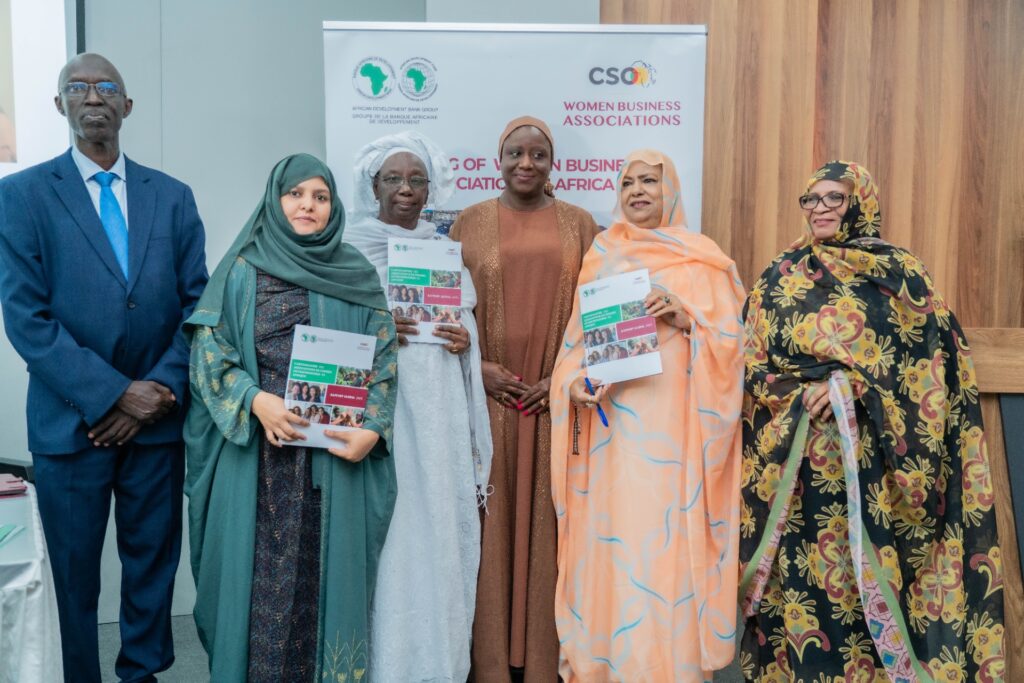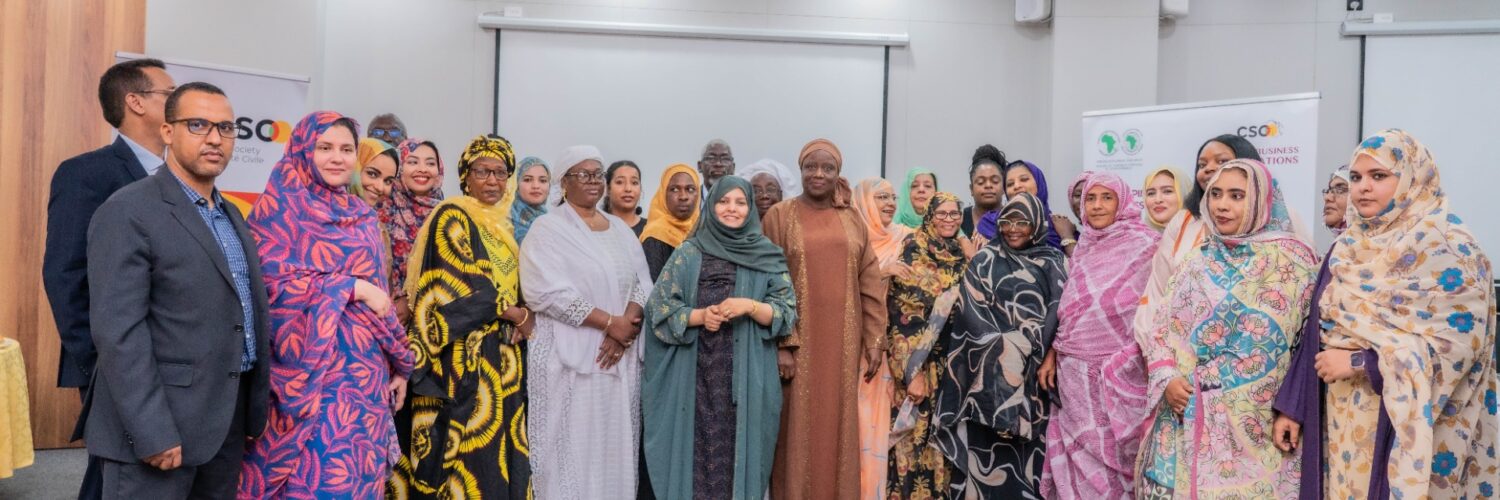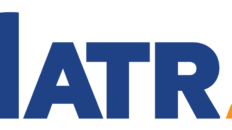Study finds 87% of women’s associations lack financial capacity, urging stronger partnerships and funding
The African Development Bank has released the findings of a pioneering study mapping women entrepreneurs’ associations in 16 African countries, uncovering significant capacity gaps that are limiting their economic impact.
The research, launched on 6 August in Nouakchott, found that while nearly one in four African women is an entrepreneur, 87% of women’s associations lack financial management capacity. Only 29% have partnerships with financial institutions, and in Mauritania, 83% rely mainly on membership fees — highlighting an urgent need for sustainable financing solutions.

The results were presented at a high-level workshop attended by women entrepreneurs’ associations, civil society, government agencies, financial institutions, and development partners. The event aimed to identify priority needs and shape actionable strategies to strengthen these associations.
“Africa’s future is being shaped by its women entrepreneurs, and this study can serve as a blueprint for inclusive development if we work together,” said Zeneb Touré, Manager of the Civil Society and Community Engagement Division at the AfDB.
The mapping exercise also spotlighted success stories, from innovative training models to effective financing mechanisms for women-led micro and small businesses.
Fatimetou Mint Sidi Mohamed O. Elvil, President of the Mauritanian Council of Women Entrepreneurs, emphasised:
“Our associations are brimming with potential, but they need structured support to multiply their impact.”
The initiative aligns with the bank’s Affirmative Finance Action for Women in Africa (AFAWA) programme, launched in 2016 to address the continent’s estimated $42 billion financing gap for women entrepreneurs. To date, AFAWA has partnered with 185 financial institutions, directing over $1.2 billion to women-led businesses.
Through its 2021–2025 Gender Strategy, the African Development Bank continues to work towards equal access to resources, infrastructure, and opportunities for both women and men — driving inclusive economic transformation across Africa.








